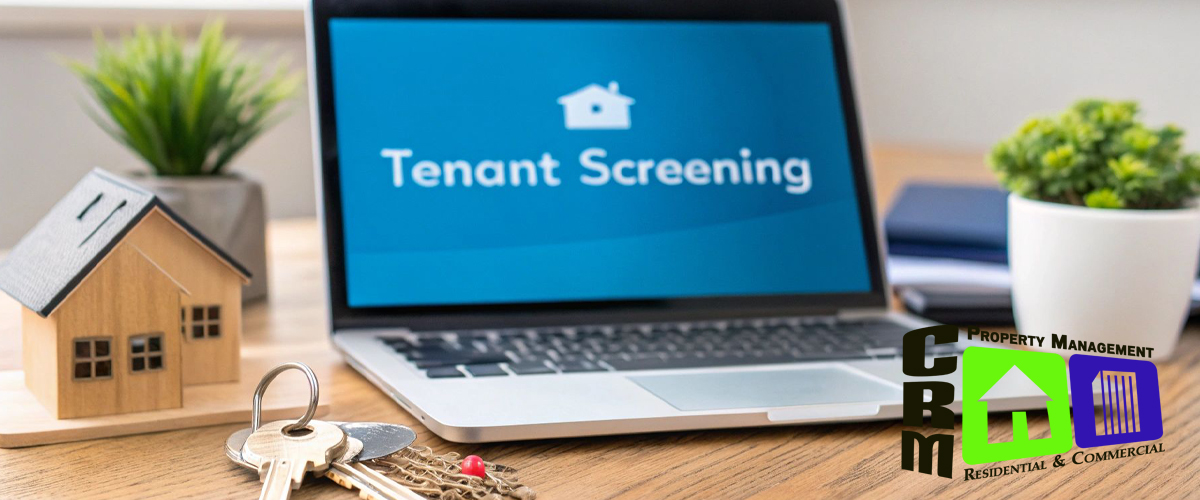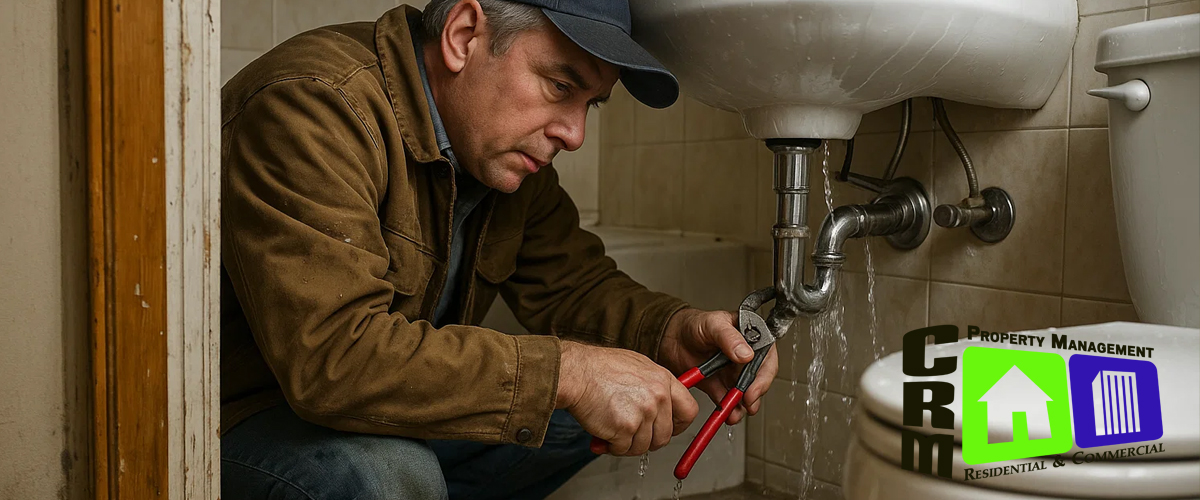Rental Property Tax Deductions Most Landlords Miss
Rental Property Tax Deductions Most Landlords Miss Savvy real estate investors know that the difference between a profitable rental property […]
Rental Property Tax Deductions Most Landlords Miss
Savvy real estate investors know that the difference between a profitable rental property and a financial burden often comes down to tax strategy. While most landlords claim obvious deductions like mortgage interest and property taxes, many leave thousands of dollars on the table by overlooking legitimate tax benefits.
Let’s explore the most commonly missed deductions that could significantly boost your rental property’s bottom line.
1. Operational Expense Deductions
Home Office & Vehicle Expenses
Running rental properties requires administrative work, and the IRS recognizes this. Suppose you dedicate a portion of your home exclusively to managing your properties. In that case, you can deduct a percentage of your home expenses, including utilities, internet, and even rent or mortgage interest.
Additionally, every trip you make related to your rental properties—whether for maintenance calls, tenant meetings, or supply runs—generates deductible mileage. At current rates, these miles add up quickly!
Professional Services
Many landlords don’t realize the full scope of deductible professional services:
- Legal consultation and document preparation
- Accounting and tax preparation
- Property management software subscriptions
- Tenant screening services
- Marketing and advertising costs for vacancies
2. Property Improvement Deductions
Beyond Standard Depreciation
While most landlords understand basic depreciation, many miss opportunities for accelerated tax benefits through strategic improvements:
- Major renovation projects
- New appliance installations
- Security system upgrades
- Landscape improvements
Properly categorizing these expenses can dramatically affect your tax position and cash flow.
3. Insurance and Financial Deductions
Comprehensive Coverage Deductions
Your protection as a landlord comes with tax advantages. You can deduct premiums for:
- Landlord liability policies
- Property insurance coverage
- Umbrella insurance for additional protection
Mortgage-Related Savings
Beyond basic interest, you might be overlooking these mortgage-related deductions:
- Loan origination fees
- Mortgage points are paid at closing
- Expenses related to refinancing investment properties
4. Travel and Education Expenses
Investing in your knowledge and properly monitoring distant investments can generate substantial deductions:
- Real estate investment conference attendance
- Property management courses and seminars
- Travel expenses for inspecting properties in other cities or states
5. Passive Activity Loss Strategy
Depending on your income level and active participation in property management, you may qualify to deduct up to $25,000 in rental losses against your other income sources—a powerful strategy many landlords never implement.
Key Takeaways for Maximizing Tax Benefits
To capture these often-missed deductions:
- Maintain meticulous documentation systems
- Preserve receipts and records for at least three years
- Implement proper accounting software
- Schedule annual consultations with a tax professional experienced in real estate
Pro Tip: Consistent, proactive tax planning often saves landlords thousands more than reactive tax preparation alone, dramatically improving rental property ROI.
Disclaimer: Tax regulations are complex and frequently updated. Always consult with a certified tax professional for advice tailored to your specific situation.







